Question And Answer
Publications
Articles, publications, books, tools and multimedia features from the U.S. Institute of Peace provide the latest news, analysis, research findings, practitioner guides and reports, all related to the conflict zones and issues that are at the center of the Institute’s work to prevent and reduce violent conflict.
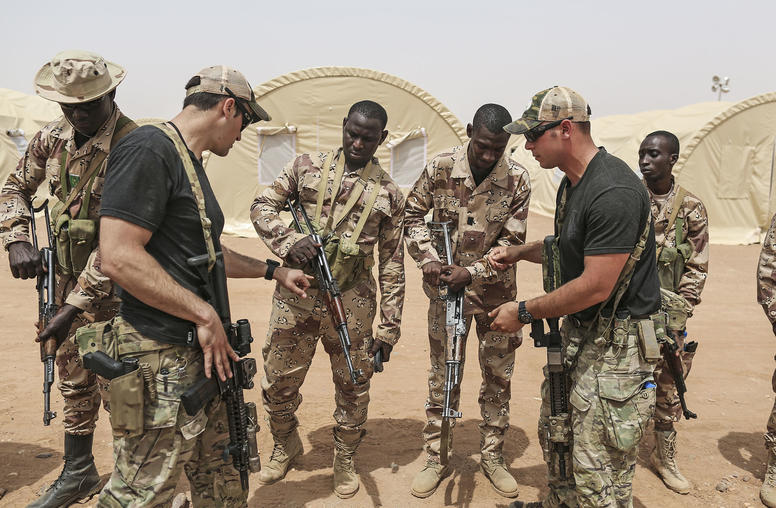
In Niger, Foreign Security Interests Undermine Stability—What Can Be Done?
Over the past decade, the United States, France, and the European Unionhave drastically increased security assistance to countries in the Sahel region. They have done so to address two perceived transnational threats—violent extremism and mass migration to Europe—but have often neglected Sahel countries’ own interests and long-term stability. Nowhere is this more apparent than in Niger, the world’s poorest country.
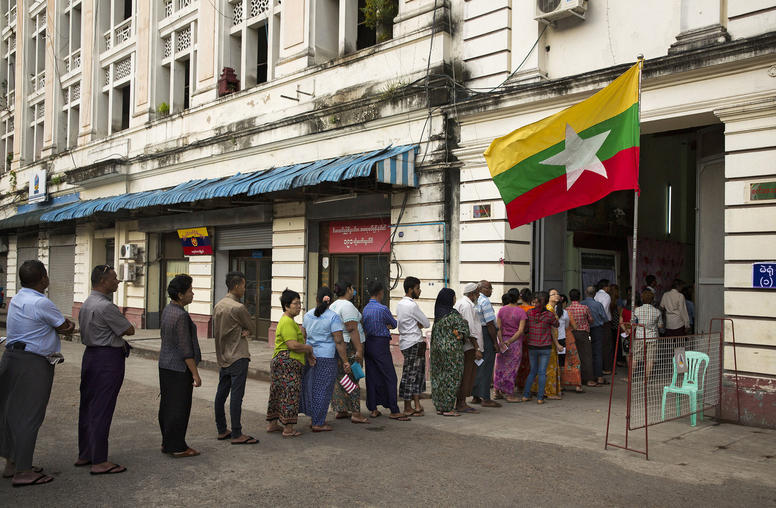
Election Cancellations in Rakhine State Could Signal Trouble for Myanmar
On October 16, when it took the stunning and sweeping decision to cancel most of the vote in Rakhine State on November 8, the Union Election Commission (UEC) disenfranchised an estimated 73% of Rakhine voters, in addition to the Rohingya who had been stripped of voting rights in 2015. The UEC justified its decision on the grounds that the election could be neither free nor fair because of ongoing armed conflict in the state. When critics asked why the elections had not been cancelled in war-stricken Paletwa, where security concerns are most acute, the UEC called off elections in parts of that Chin State town and restored them in a few village tracts in Rakhine.
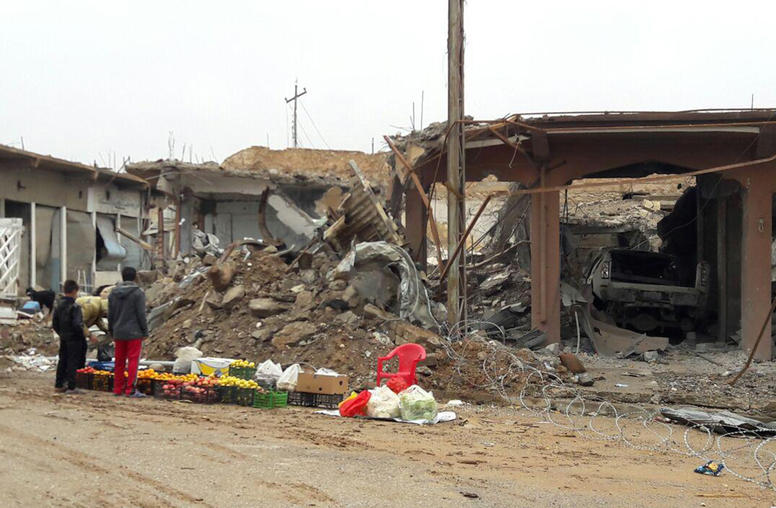
Amid Iraq’s Turmoil, Tal Afar Builds Peace
In a year of Iraqi turmoil, including protests that ousted a government and rivalry between Iran and Turkey, Iraqi tribal and community leaders are strengthening a new peace agreement in a locale that has seen some of the worst brutality of recent years—the northern city of Tal Afar. Civic, tribal and government leaders recently agreed to a pact that can open a path for more than 60,000 displaced residents to return home and rebuild following the war with ISIS. The accord also will help curb ISIS’ effort to revive. And in a startling change, it was negotiated in part by women.
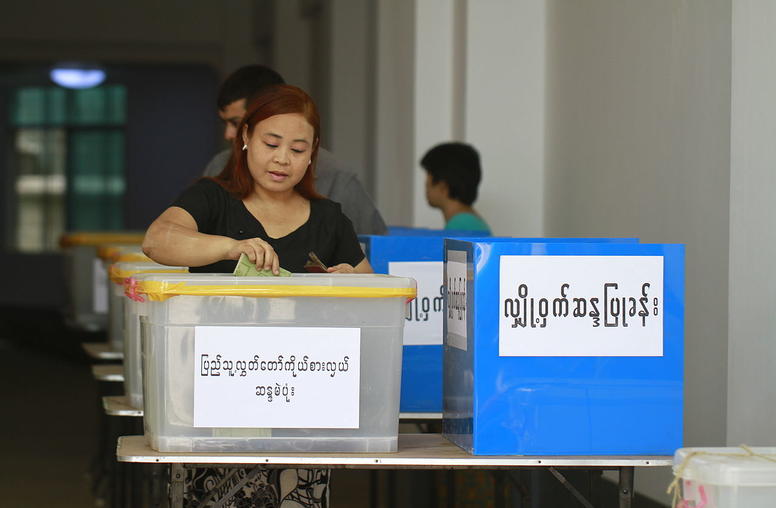
Myanmar Elections 2020: Ethnic Tensions and a Military Hand
The ruling National League for Democracy (NLD) is expected to win Myanmar’s general elections on November 8, but the 2020 race is much more hotly contested than 2015. The growing political frustration of the country’s non-Burma ethnic nationalities is fueling insurgencies and the military-affiliated Union Solidarity and Development Party, and its armed forces patrons, are criticizing the government and attacking the country’s feeble electoral institutions. The way Myanmar’s ethnic nationalities experience the process will have major implications for peacemaking efforts moving forward.
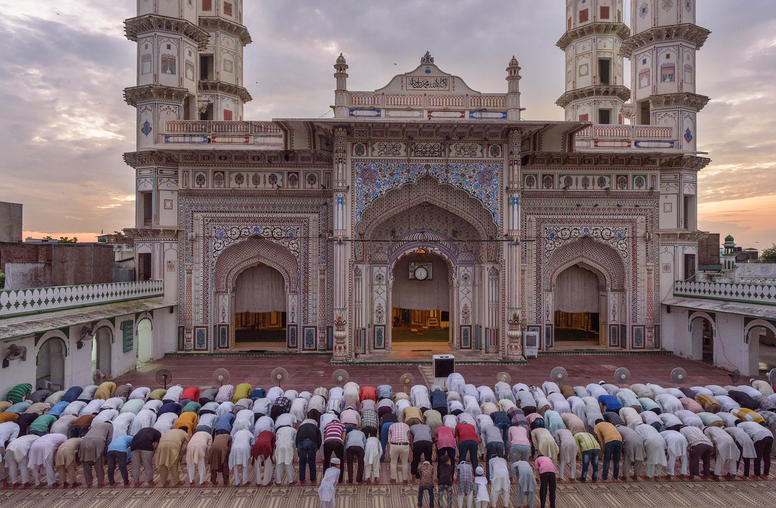
Three Things You Thought You Knew About Freedom of Religion or Belief
Accounts of global religious restrictions and hostilities have, unfortunately, become a regular feature of today’s news cycle. India’s passage of the Citizenship Amendment Act, which uses religious identity as a criterion for citizenship, and its violent crackdown against protesters made headlines at the turn of year. The Chinese government’s detention of more than a million Uyghur Muslims, increased surveillance, and other religious regulations in Xinjiang continue to garner much attention. And, increasingly more concern has been given to the ongoing attacks on Christian communities in Nigeria. While these examples are, of course, worrying and must be addressed, a deeper dive into the data reveals that many of the assumptions we hold about the state of global religious freedom need further unpacking.
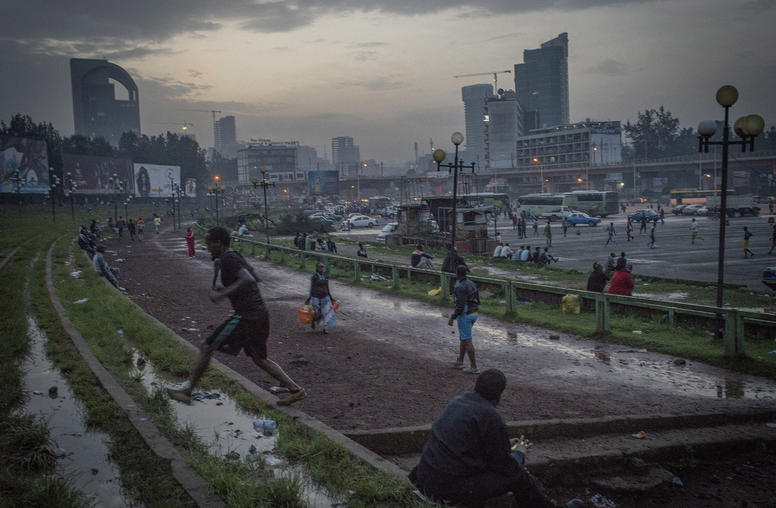
What Ethiopia’s Brewing Conflict Means for the Country—and the Region
Violent conflict between the federal government of Ethiopia and the federal state of Tigray, in the country’s north, began November 4 and quickly escalated. USIP’s Aly Verjee and Susan Stigant discuss the crisis and identify what could be done to avoid further violent conflict in east Africa’s most populous country.
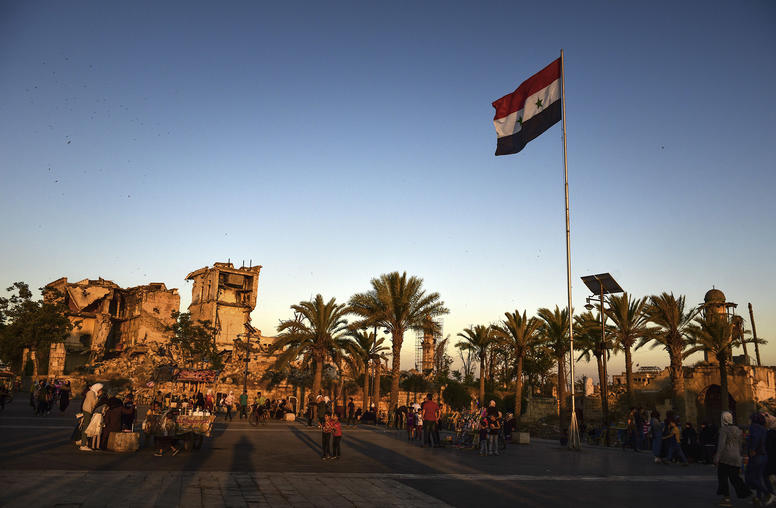
The Best Hope for Sustained De-escalation in Syria
As the conflict in Syria approaches its 10th anniversary, a holistic political settlement encompassing the entirety of the country is unlikely in the near to medium term. More than eight years of diplomatic initiatives have yielded only limited results. The two principal tracks—the Geneva and the Astana/Sochi processes—are running up against the complexity of the conflict and an emboldened Assad regime; neither process is sufficient on its own to generate momentum toward a lasting political settlement for the whole of Syria. However, creatively bridging these two processes could bring greater stability to those areas of Syria still beyond the Assad regime’s control, assuaging the suffering of some Syrians, and potentially serving as a building block for a longer-term settlement.
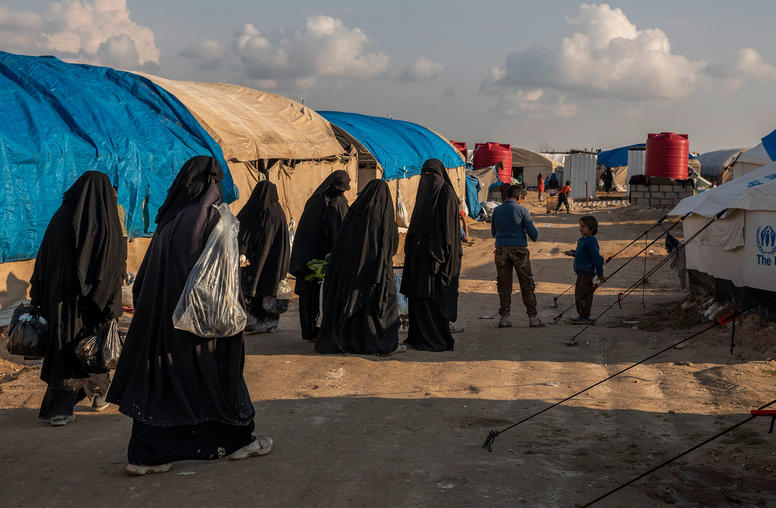
What Will Become of Iraqis in Al-Hol?
The al-Hol camp in northeast Syria—which holds tens of thousands who were living among ISIS before its territorial defeat—has presented the region and international community with a host of thorny challenges. What to do with the camp’s residents has particularly bedeviled the Kurdish authorities who run the camp as well as the governments of countries where residents came from. On October 5, Kurdish authorities said they would release the Syrians in the camp, where conditions have become increasingly unsustainable. But, nearly half of the camps’ 65,000 residents are Iraqis, and their prospect for return remains deeply uncertain. USIP’s Sarhang Hamasaeed discusses the situation facing Iraqis in al-Hol and the challenges ahead if they indeed return.
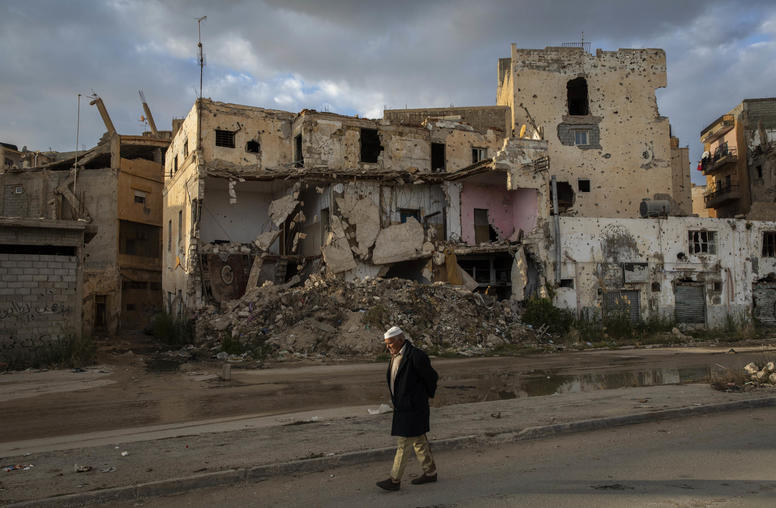
Libya: Peace Talks Advance, But Will Need Local Support
Libyans have taken an uncertain step toward ending nearly a decade of civil war, agreeing in U.N.-mediated talks to hold national elections in December 2021. The discussions, in the neighboring capital, Tunis, fell short of yielding a transitional government to oversee the elections and the establishment of a new constitution. The talks are shortly to resume. From Tunis, USIP’s Nate Wilson notes that the step is positive for a country that began 2020 with a surge in warfare and the involvement of foreign forces. Making this peace effort effective will require restraining that foreign involvement, he says, and will need to ground the talks in grassroots support.
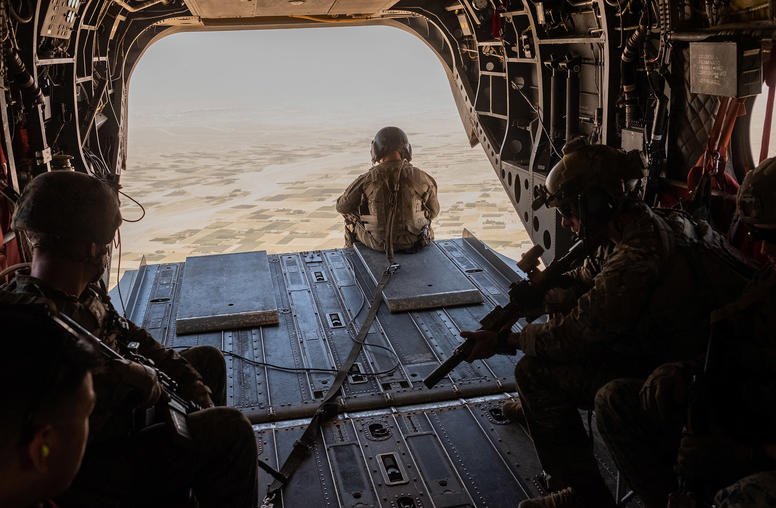
Afghanistan Withdrawal Should Be Based on Conditions, Not Timelines
The Taliban’s tactic of running out the clock on the U.S. troop presence may bear fruit after the announcement on Tuesday that U.S. forces will reduce to 2,500 by January 15. The Trump administration successfully created leverage by engaging directly with the Taliban to meet their paramount goal of a U.S. withdrawal in exchange for genuine peace talks and counterterrorism guarantees. This strategy brought about unprecedented negotiations between Afghan government representatives and the Taliban in Doha. A walk down a conditions-based path to peace, long and winding as it may be, had begun.